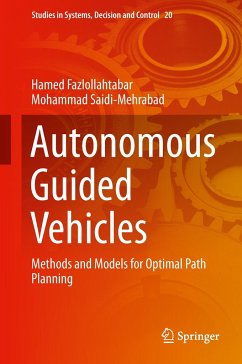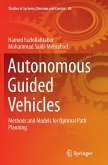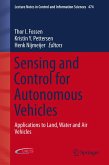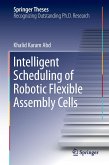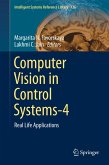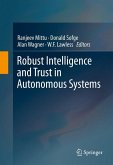This book provides readers with extensive information on path planning optimization for both single and multiple Autonomous Guided Vehicles (AGVs), and discusses practical issues involved in advanced industrial applications of AGVs. After discussing previously published research in the field and highlighting the current gaps, it introduces new models developed by the authors with the goal of reducing costs and increasing productivity and effectiveness in the manufacturing industry. The new models address the increasing complexity of manufacturing networks, due for example to the adoption of flexible manufacturing systems that involve automated material handling systems, robots, numerically controlled machine tools, and automated inspection stations, while also considering the uncertainty and stochastic nature of automated equipment such as AGVs. The book discusses and provides solutions to important issues concerning the use of AGVs in the manufacturing industry, including material flow optimization with AGVs, programming manufacturing systems equipped with AGVs, reliability models, the reliability of AGVs, routing under uncertainty, and risks involved in AGV-based transportation. The clear style and straightforward descriptions of problems and their solutions make the book an excellent resource for graduate students. Moreover, thanks to its practice-oriented approach, the novelty of the findings and the contemporary topic it reports on, the book offers new stimulus for researchers and practitioners in the broad field of production engineering.
Bitte wählen Sie Ihr Anliegen aus.
Rechnungen
Retourenschein anfordern
Bestellstatus
Storno

